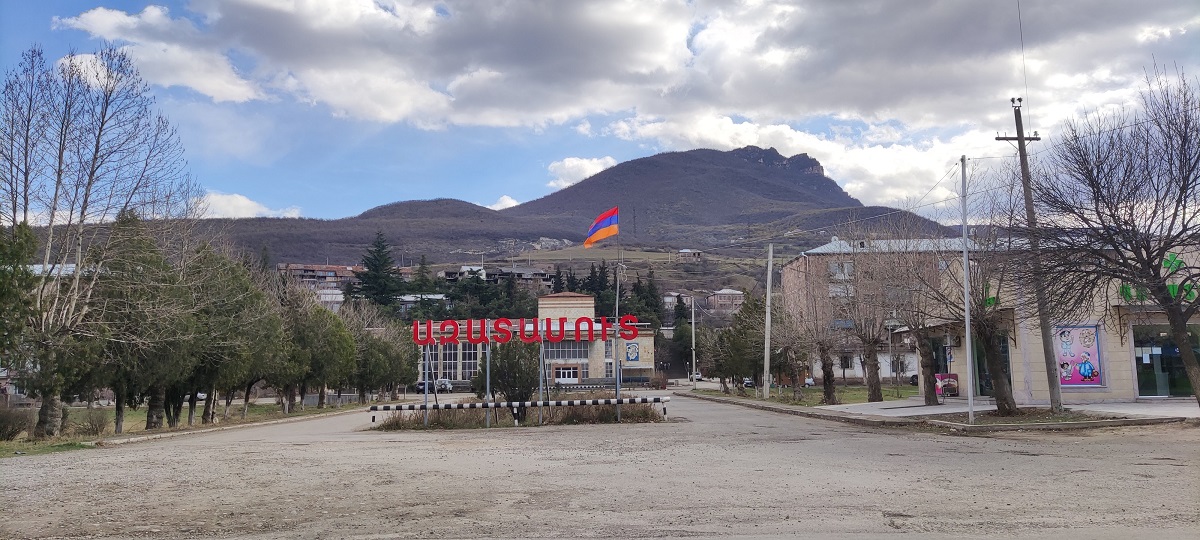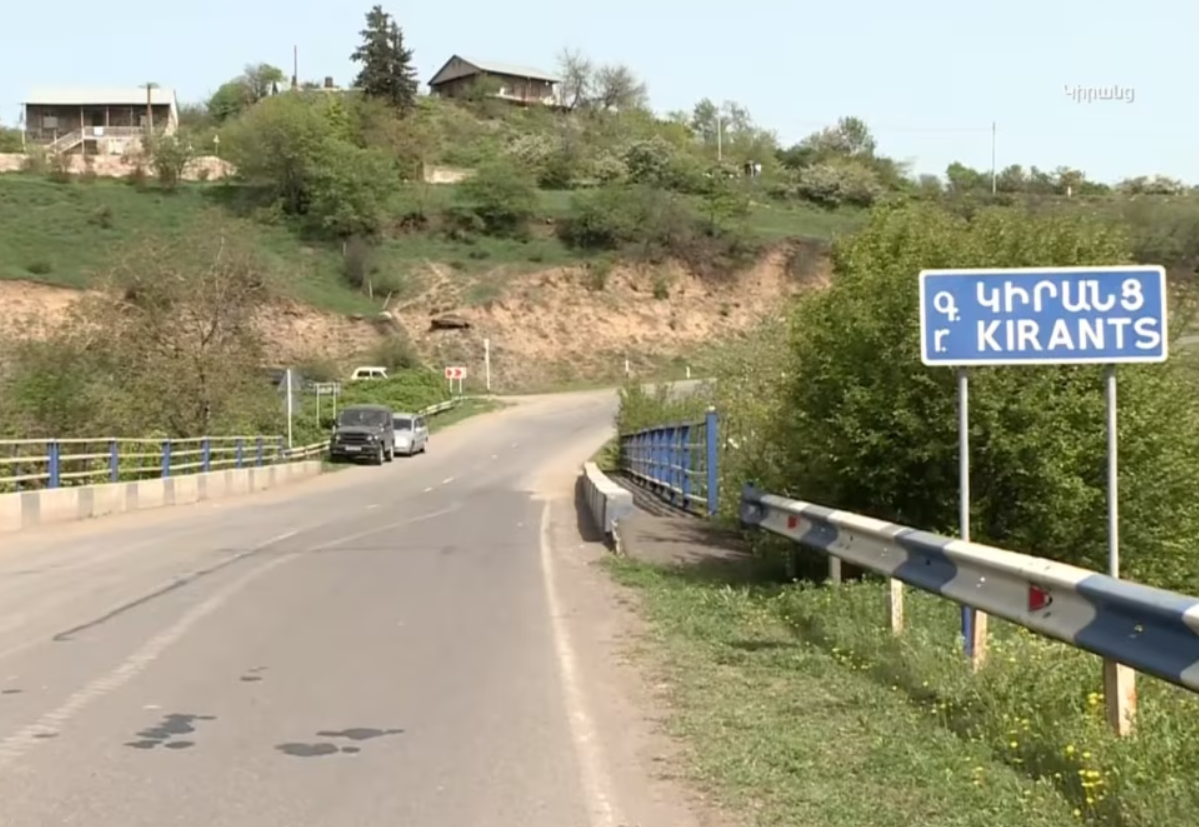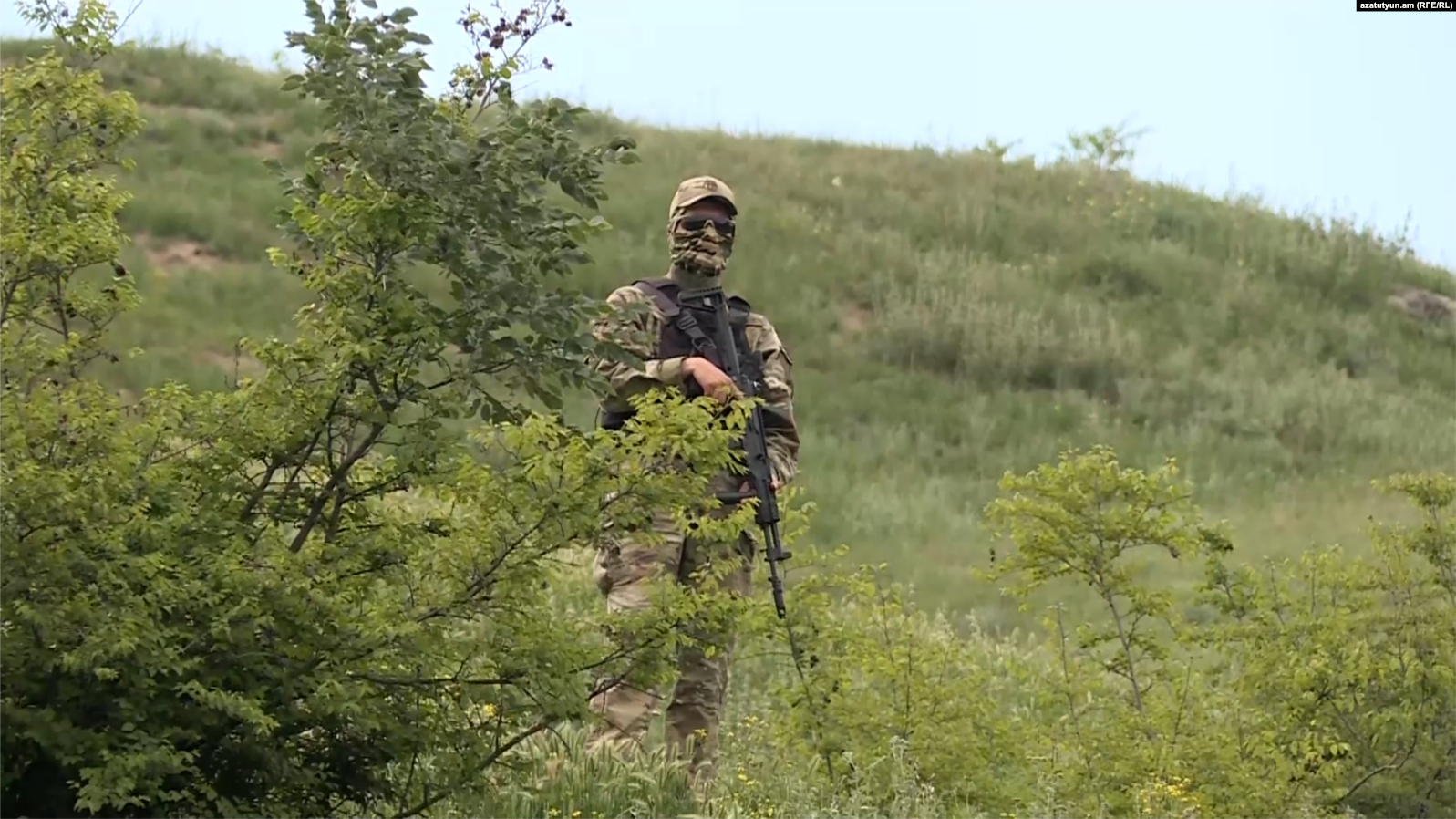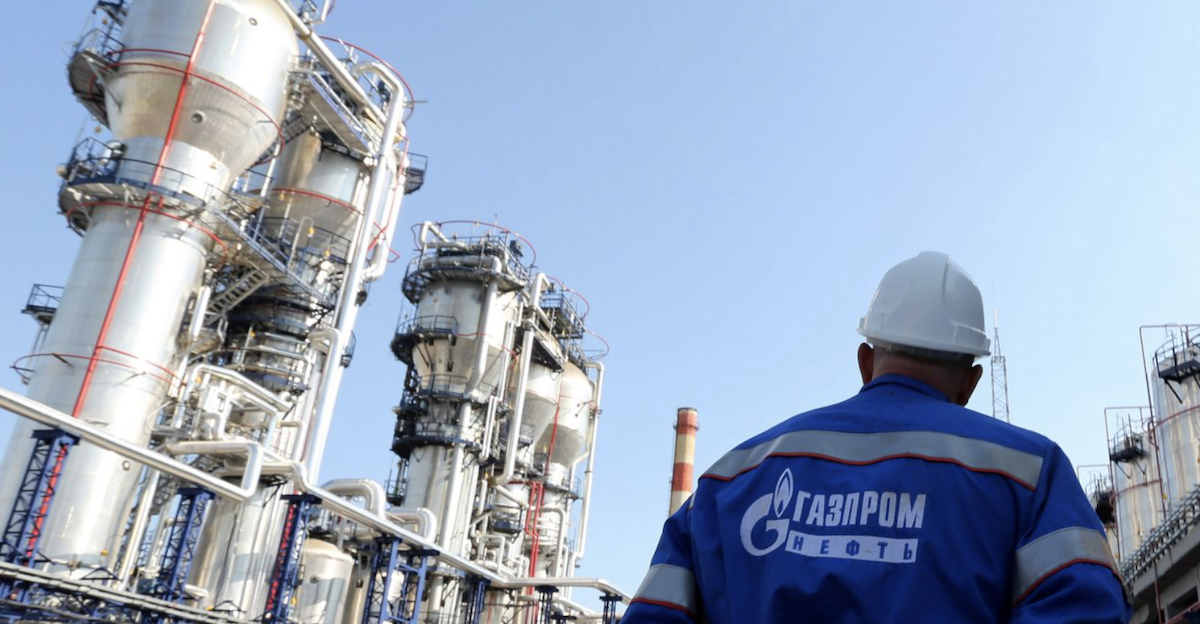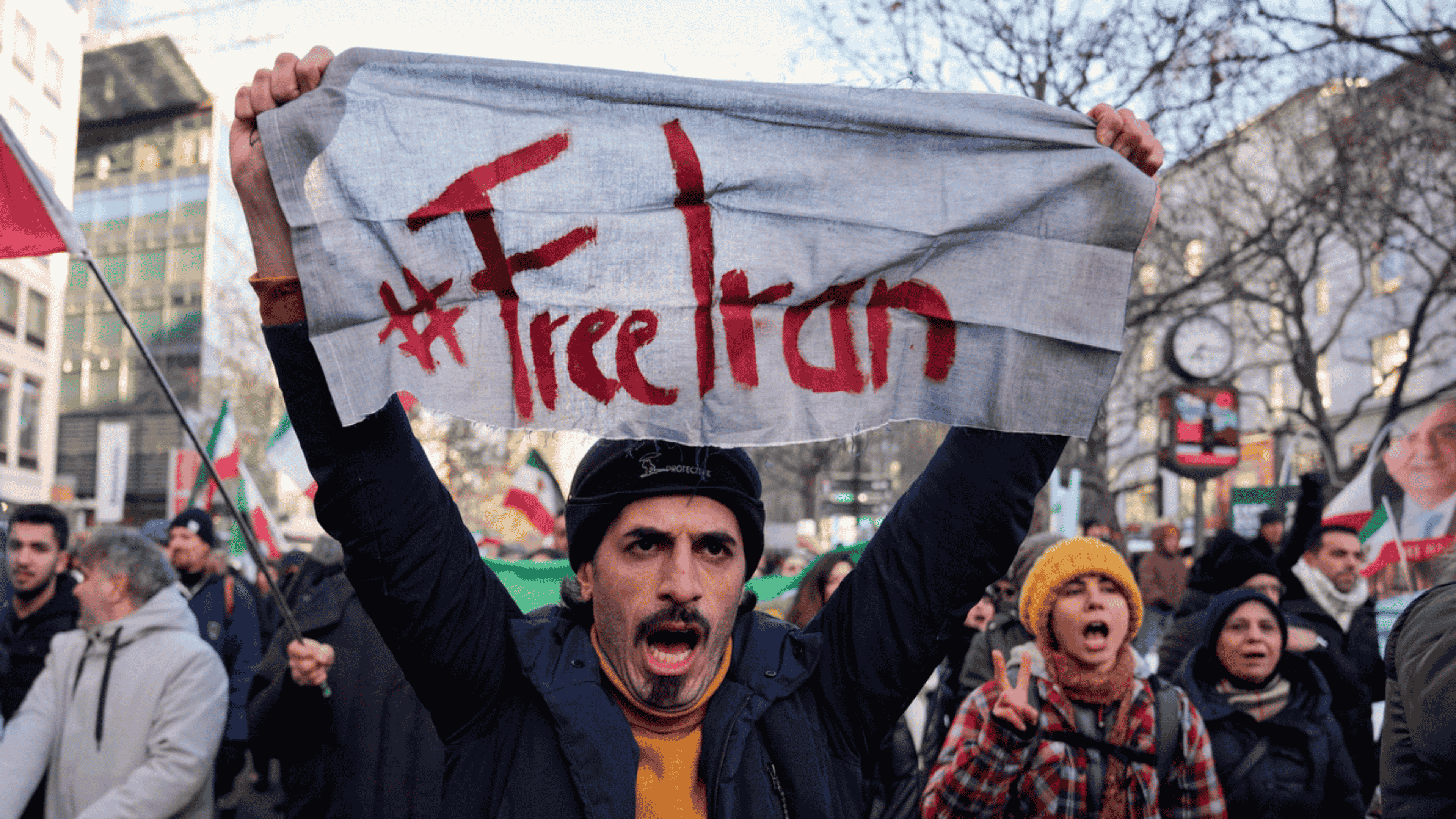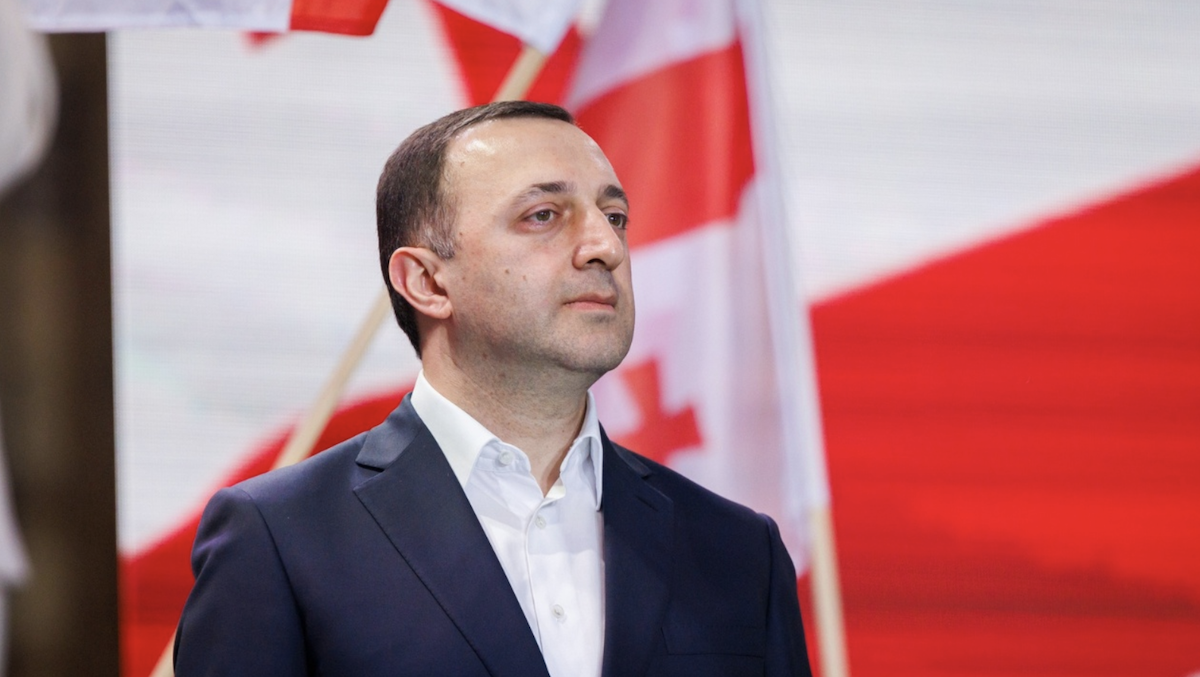'Enclave issue to be discussed only after border delimitation' — comment from Yerevan
Delimitation of Armenia-Azerbaijan border
“There are no major updates on border delimitation, including the issue of enclaves,” Armenian Deputy Speaker Ruben Rubinyan told journalists. “The commissions have not met recently, and there have been no new developments,” he said, calling opposition claims about “new concessions to Azerbaijan” absurd.
Reporters asked Rubinyan how Armenia plans to address the fate of its strategic roads if Azerbaijani enclaves are returned. The concern is that, along with the enclaves, Azerbaijan would gain control of more than two kilometres of the highway linking Armenia with Georgia, as well as a section of the road leading to Iran.
Rubinyan said all matters related to enclaves should be discussed by the Armenian and Azerbaijani border delimitation commissions. “In theory, if a decision on a territorial exchange is ever made, it could happen only after a referendum,” he added, noting that Armenia’s constitution requires it.
Debate over the possible return or exchange of enclaves has intensified in Armenia following a statement by Azerbaijan’s Foreign Ministry spokesperson, Aykhan Hajizade. He said the return of four Azerbaijani enclaves remains a priority for Baku.
Responding to this, Armenian Prime Minister Nikol Pashinyan wrote on Facebook: “As a result of the delimitation process, we must regain Artsvashen and other occupied sovereign territories of the Republic of Armenia.”
In an interview with the APA news agency, Azerbaijani Foreign Ministry spokesperson Aykhan Hajizade said that “the return of three villages in the Gazakh district and the village of Karki in Nakhchivan to Azerbaijan is a priority.” He added that the issue should be addressed by the Armenian and Azerbaijani border delimitation commissions.
The possible return of four enclaves — Karki, Verin Askipara, Sofulu, and Barkhudarlu — has raised concern in Armenia. If these territories are handed over to Azerbaijan, several stretches of strategically important roads connecting Armenia with Georgia and Iran would fall under Azerbaijani control. Because of this, Armenian officials have for several years discussed the possibility of a territorial exchange.
- ‘If we look back, Azerbaijan isn’t on the map’: Armenian response to Aliyev’s remarks
- Armenian political analyst: ‘Aliyev sabotages peace process initiated by Trump’
- Delimitation of Armenian-Azerbaijani border to continue ‘from junction with Georgia’
‘We cannot stay silent about Artsvashen — it is our land‘
Deputy Speaker of the Armenian National Assembly Ruben Rubinyan said:
“Artsvashen is our territory. I have a constitutional duty to speak about the need to return Artsvashen, because it is our land. I cannot remain silent about Artsvashen — and not only about it. There are also [occupied] territories in Jermuk, Syunik, and Tavush.”
He also referred to the prime minister’s earlier statement, stressing that “there is no doubt about Armenia’s legal right to Artsvashen and other territories currently occupied by Azerbaijan.”
‘Question of an exchange cannot be considered at this stage‘
The head of the parliamentary foreign affairs commission, Sargis Handanyan, also said that the issue of enclaves should be resolved within the delimitation process:
“There are no secret topics that we need to hide. The question of an exchange cannot be considered at this stage, because first the enclaves must be delimited. It is unclear when this will happen. The delimitation process has its own logic,” Handanyan said.
He explained that the delimitation and demarcation process consists of several stages:
- delimitation,
- approval of the relevant protocols,
- signing and ratifying the state border agreement between Armenia and Azerbaijan,
- carrying out demarcation works.
“Then Armenia and Azerbaijan will have to decide how they will address the issue of the enclaves. If at any stage a decision on an exchange of territories is made, under Armenian law it cannot happen without a referendum. A referendum must take place on this matter,” the MP said.
Speaking about the work of the delimitation commissions, Handanyan noted that the last meeting was held in September and concerned the “Trump Route” (TRIPP) project. He expects that the issue of enclaves will be discussed in the next sessions.
“This falls entirely within the commissions’ competence. There is no political or geopolitical context here,” Handanyan emphasized.
There is a possibility of ‘optimizing the border line‘
Yerevan and Baku agreed on the regulations for the joint work of the Armenian-Azerbaijani border delimitation commissions in August 2024. According to the document, both sides will carry out the delimitation based on the 1991 Alma-Ata Declaration. This means Armenia and Azerbaijan mutually recognize each other within the borders of the former Soviet republics.
The regulations consist of seven articles detailing the technical and substantive aspects of the delimitation process. Armenia and Azerbaijan will use all relevant cartographic documents during their work.
The parties also agreed on the possibility of optimizing the border line.
In particular, this could involve:
- ensuring the security of border settlements,
- maintaining engineering, energy, transport, and other infrastructure,
- managing water resources.
Comment
Political analyst Garik Keryan believes:
“Arcvashen can only be returned to Armenia if the Azerbaijani enclaves are also returned.
Reuniting Arcvashen with Armenia is, of course, positive in terms of restoring the country’s territorial integrity. But this cannot compare—strategically, economically, or otherwise—to the potential losses Armenia could face if it transfers the enclaves to Azerbaijan.
The best solution is to reach a mutual agreement through diplomacy, removing Arcvashen and the enclaves from the agenda.”
Suren Surenyants, leader of the Democratic Alternative party, notes:
“The issue of Arcvashen has never appeared on the negotiation agenda, at least from Azerbaijan’s perspective. Meanwhile, the Azerbaijani enclaves have long been included in Baku’s list of demands.
It can be concluded that Pashinyan has either already given his consent or simply stopped resisting.
Returning the enclaves could become a catastrophe for Armenia’s security and institutional stability.
This would mean:
- the restoration of Azerbaijan’s legal and physical presence on Armenian territory,
- border instability and logistical risks,
- the transfer of conflict onto Armenian territory, planting risks under the foundations of its statehood.
This is not a concept of peace, but a new mechanism of control by Azerbaijan.”.
Delimitation of Armenia-Azerbaijan border











